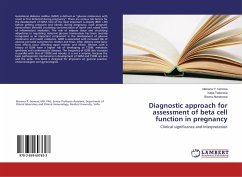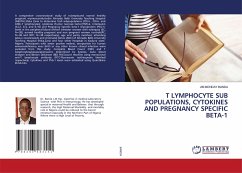Gestational diabetes mellitus (GDM) is defined as "glucose intolerance with onset or first detected during pregnancy". There are various risk factors for the development of GDM. One of the most important is obesity (BMI 30) before getting pregnant and obesity during pregnancy. Such pregnant demonstrate elevated circulating concentrations of leptin and raised levels of inflammatory mediators. The role of adipose tissue and circulating adipokines in regulating maternal glucose homeostasis has been recently recognized as an important component in the development of glucose intolerance and insulin resistance. GDM is associated with increased risk of adverse perinatal outcomes for mother and fetus. After delivery some long-term effects occur affecting again mother and infant. Women with a history of GDM have a higher risk of developing of T2DM, metabolic syndrome and cardiovascular diseases. The frequency of GDM also increases in parallel with that of T2DM and obesity. It is not a surprise, because the basic pathogenetic mechanisms in development of GDM and T2DM are one and the same. This book is designed for physicians on general practice, endocrinologists and gynecologists.
Bitte wählen Sie Ihr Anliegen aus.
Rechnungen
Retourenschein anfordern
Bestellstatus
Storno








